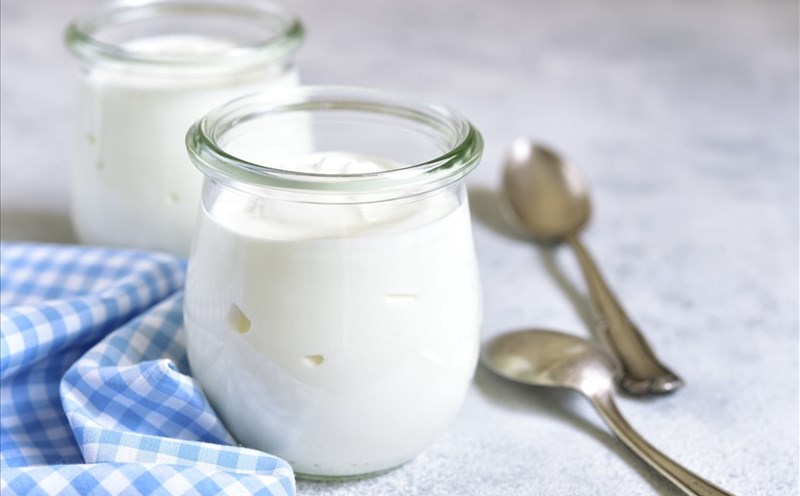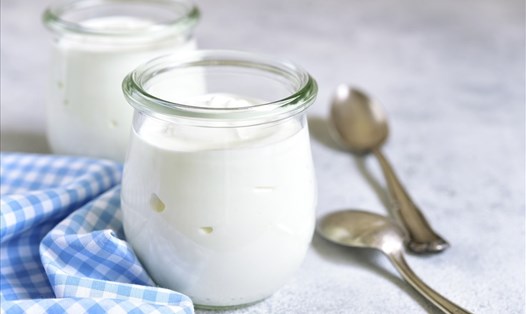Diet plays an important role in controlling blood fat, especially supplementing foods rich in vitamin B12.
Vitamin B12 is not only necessary for red blood cell formation but also helps reduce homocysteine - an amino acid associated with the risk of heart disease.
Some natural nuts are rich in vitamin B12, fiber and healthy fats, which help support effective blood fat control.
Here are 5 best nuts for people with high blood fat.
Flaxseeds
Flaxseeds are famous for their high content of omega-3 fatty acids and fiber, which help reduce LDL cholesterol (bad cholesterol) and increase HDL (good cholesterol). Flaxseeds also contain a small amount of vitamin B12, which supports nerve and cardiovascular function.
According to research published in the American Journal of Clinical Nutrition (AJCN), flaxseed supplementation significantly reduces triglycerides and LDL, thereby improving cardiovascular health.
How to use: Eat 1-2 tablespoons flaxseed per day by mixing it with yogurt, smoothies or salads.
Blend flaxseeds to help the body absorb nutrients better.
Sunflower seeds
Sunflower seeds are a source of vitamin B12, which helps support lipid metabolism and reduce the risk of fat accumulation in the blood. In addition, this seed contains phytosterol, which helps reduce the absorption of cholesterol in the intestines.
According to the American Heart Association (AHA), sunflower seeds are rich in monounsaturated fats, which help reduce inflammation and support a healthy cardiovascular system.
Eat a small handful of unsalted sunflower seeds every day.
Sprinkle on salad or add to morning cereal.
Cashew seeds
Cashews are rich in vitamin B12, healthy fats, and magnesium, which help control blood pressure and improve blood cholesterol levels.
According to research from the Journal of Nutrition & Metabolism (JNM), people who regularly consume cashews have lower LDL cholesterol levels and improved cardiovascular function.
How to use: Eat 5-7 cashews per day to avoid excess calories.
Use cashews to process nut milk or make cashews butter.
Chia seeds
Chia seeds provide a lot of vitamin B12, soluble fiber and omega-3, which help reduce inflammation and control blood lipids. In addition, the fiber in chia seeds helps prevent the absorption of excess cholesterol in the intestines.
According to Research by the Nutrition & Cardiovascular Institute of Canada, adding chia seeds to your diet can reduce triglycerides and LDL cholesterol by up to 20%.
Soak chia seeds in water or almond milk and drink in the morning.
Add a smoothie or oatmeal congee to increase nutrients.
Walnuts
Walnuts contain vitamin B12, omega-3 fatty acids and polyphenols, which help reduce inflammation and support the cardiovascular system. The unsaturated fats in walnuts also help balance blood lipids, reducing the risk of atherosclerosis.
According to the American Dietetic Association (AND), consuming walnuts can reduce the risk of cardiovascular disease thanks to their ability to improve cholesterol levels and blood pressure.
Eat about 5-7 walnuts per day to support your heart.
Add to salads or eat with unsweetened yogurt.











